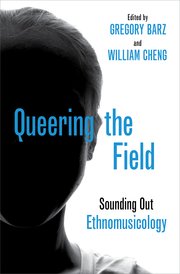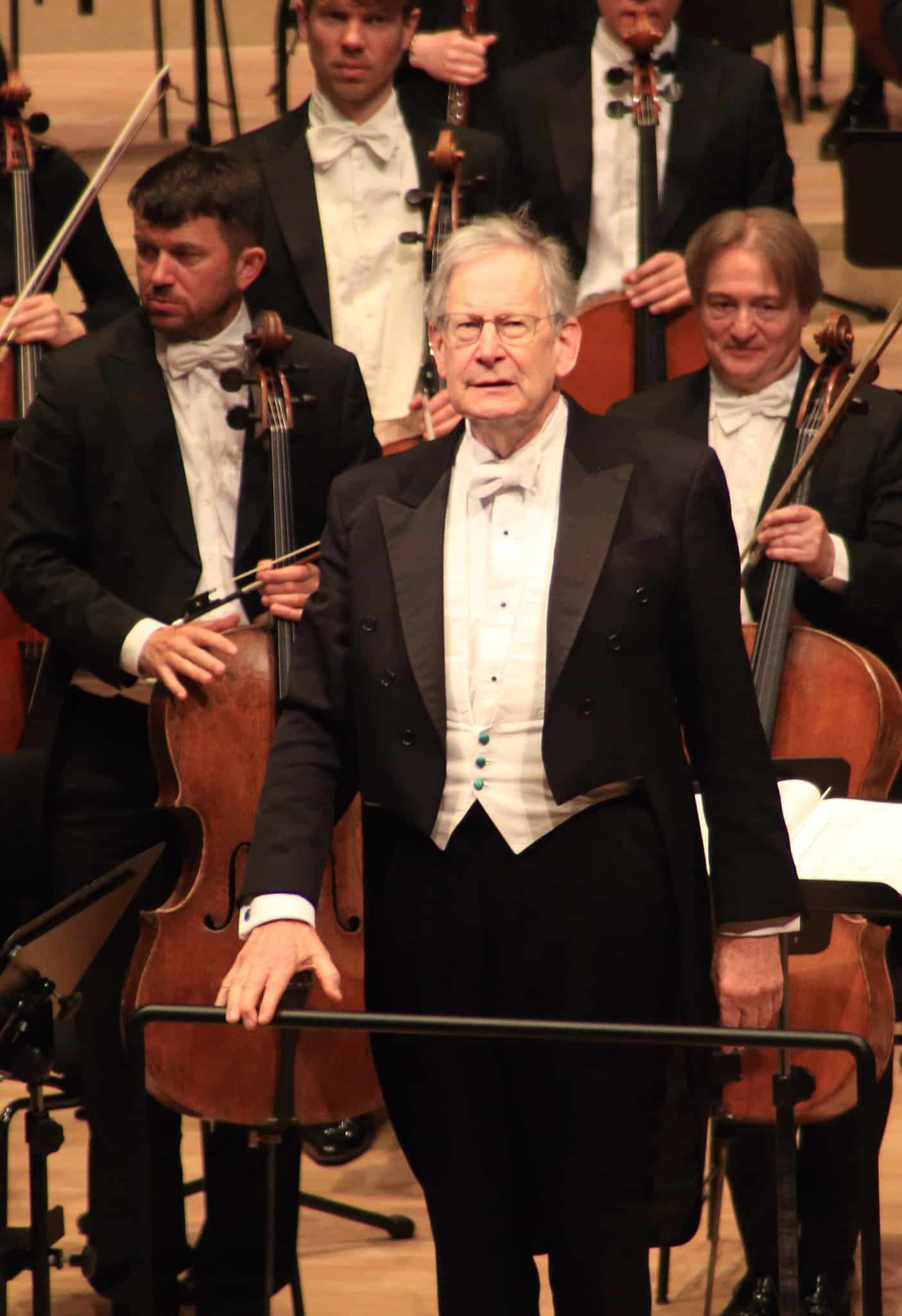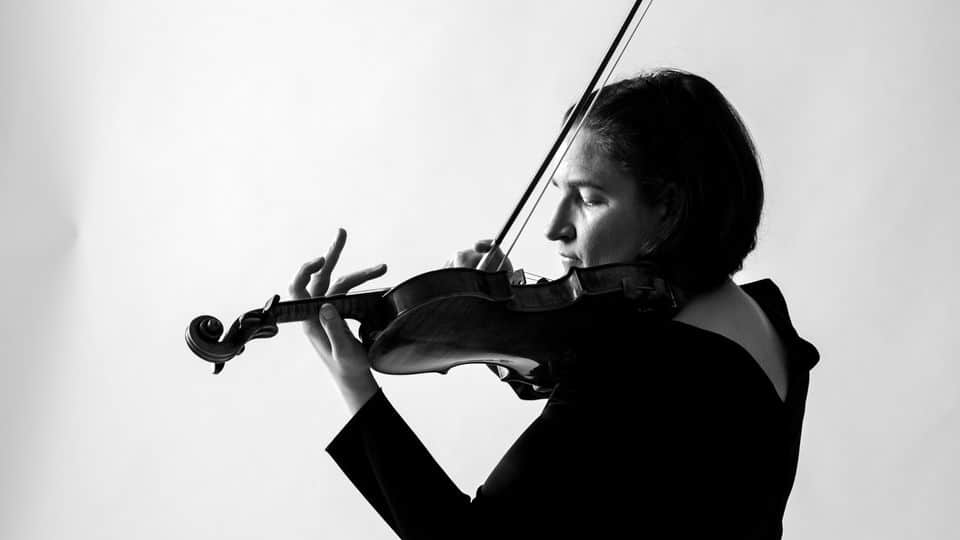Queering up Early Music
NewsFrom the 2023 EMA Summit that will take place in Boston in October:
Performance & Workshop with ChamberQUEER
Thursday, October 26, 3:30-6:00pm
ChamberQUEER is a multifaceted organization with the mission of presenting and performing queer artists, highlighting historically underrepresented queer figures in classical music, and providing an intersectionally inclusive space within classical music for artists and audience.
Beyond Tokenism: Anti-racism and Gender Justice in Early Music Programming (workshop)
Facilitator: Byron Schenkman, Historical Keyboardist and Artistic Director of Sound Salon
Casting the Castrati Voice: Creating Safe Spaces for the Trans & Non-Binary Community within Early Opera (individual research presentation)
Presenters: Liz Kiger, Director of the Brooklyn Telemann Chamber Society
NAGAMO: A Case Study in Collaboration & Decolonization (lecture-performance)
Presenters: Jacob Gramit, musica intima Artistic Manager, and Andrew Balfour, composer
Postcolonial Fandango: representing mixed-race identities through crossover between HIP and Folk (lecture-performance)
Presenter: Camilo Arias Cuellar, Graduate Student, Royal Conservatoire The Hague
It’s all about social agendas. Music, its seems, has been relegated to the margins






Was early music ever straight?
Notes Queer-égales
Don’t know whether I should laugh or cry!
Thanks for helping spread the word, Norman. You’re a peach! https://www.earlymusicamerica.org/summit/
The full conference program looks very interesting, and the presentations SD chooses to headline by no means relegate the music to the margins. It is hard to understand the disdain for social and historical context so often displayed in the comments on this site.
It’s not providing historical context. Queerification of our history is part of the neo Marxist/Maoist push to destroy the west. Keep cheering on your own destruction, or listen to James Lindsay’s address to the EU parliament for true context around Queer and the neo Marxist war on the modernity.
So it would seem, but I do see the point about researching the links between HIP and folk music. Folk violinists retained the old method of holding the violin (even if it was equipped with a chinrest) longer than classical musicians did before the advent of HIP. Certain styles of ornamentation seemed also to live on in folk/rural violin playing. Some of you might recall the flurry of interest (brief but intense) when Nils-Erik Sparf recorded a version of Vivaldi’s Four Seasons for BIS that was informed by notions of Norwegian folk fiddle tradition, with the thought that just possibly those traditions retained more of authentic ornamentation and manner than the scholarly ornamentation studies would lead one to believe.
This is not unlike how some linguistics researchers would study rural speech patterns in deeply isolated parts of the U.K. (and the colonies including the US) for hints into early English and how it sounded.
So as painfully behindhand/trendy as this seminar sounds, particularly to the unsympathetic, don’t discount the possibility that valid and interesting research might be part of it. If even just a sliver.
Having heard Norwegian folk fiddling and fiddling from other ethnicities and cultures, I am swayed by your argument and my knee-jerk inclination to dismiss the premise is completely dispelled.
“It’s all about social agendas. Music, its seems, has been relegated to the margins.” Need more be said?
Early music in the USA is basically boomer amateur hour so who cares ?
Isn’t the word “queer” sort of a putdown? Or has it been increasingly popularized, analogous to the use of the “N” word in things like rap music.
What is or isn’t acceptable during any given period of time is prone to ideological whiplash.
“Queer” is not a putdown in this case. The term has been used in scholarship (at least in the US) for decades (e.g. the book “Queering the Pitch” in 1994).
I would say that this evolution in usage is not comparable to the use of the “N” word. It is acceptable for non-queer people to use the term “queer,” at least in the way that it is used here. It is still considered highly inappropriate for non-black people to use the “N” word. (And some African-Americans are not comfortable with this word being used ever, by anyone.)
I find it interesting that in places where it’s more or less safe to be gay, younger gay people love to use the abusive word “queer” of themselves, as though it’s fun and really cool to present themselves as loathed outsiders out to overturn society, when they can do so without fear of jail, can go home to their legally-wed spouses, have workplace protections, and get public subsidies for all the time they spend on their LGBTQIA+ advisory committees. Those of us who were publicly humiliated or beaten up via the word “queer” are expected to think this so-called reclamation of the word “queer” is a terrific achievement.
Decades ago when I was a kid calling someone “queer” was a real insult. Then the word became taboo, like the N-word. But now the LGBTQWTF+++ crowd uses it themselves, and it’s ok – for them. Western Civ is sure a mess.
How about a paper entitled “It’s easier to dig a hole than build a tower: on the vaginal and penile in the songs of Conchita Wurst”?
Oh, joy.
I’m quite happy for people to pursue social agendas, many of which are long overdue. But I suspect classical music is one area in which queer figures have not historically been underrepresented – or at least much less so than in many other fields.
A glance at the presentations shows that it’s NOT “all about social agendas.” Unless a presentation on “the viol at 430 Hz” is about social suppression of the viol’s pitch. Yes, there are several presentations on societal themes, but there are also several that have to do with early music performance and reception.
Anyone who has heard ChamberQUEER knows that its players are topflight virtuosos and excellent musicians. They have championed a lot of important new music and the programs they present are on the highest level of artistry. In addition they are able to present music in an engaging way that invites audiences to reflect on music as a part of our history and social construct. An innovative way to draw more people into listening to great classical music. Nice to see them mentioned here and I’m sure they will appreciate the publicity.
Would a conference dealing in part with Forbidden Mmusic written by Jewish composers and banned by Nazism, along with its persecution of Jewish musicians, be dismissed as ‘social agendas, relegating music to the margins’? Should, for instance, Schenker’s comments on negro and other non-German music be contextualized, understood in terms of European history, or simply ignored?